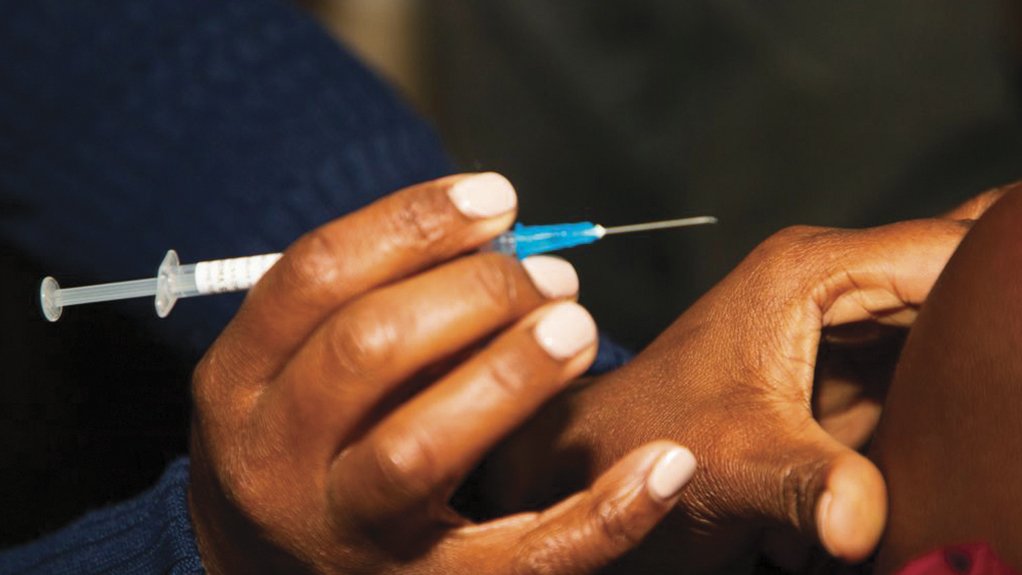National government is developing a comprehensive public-sector remuneration strategy for the medium to long term.
This will apply to the country’s 1.33-million public servants employed in departments, State-owned enterprises, public entities and local government.
The strategy will seek to better balance competing interests on the basis of fairness, equity and affordability, the National Treasury states in the Medium-Term Budget Policy Statement (MTBPS).
The MTBPS, presented by Finance Minister Enoch Godongwana on November 11, has made provision for an additional allocation of R20.5-billion in 2022/23 for wage bill adjustments.
Most of the adjustments are to cater for the higher-than-budgeted public sector wage agreement.
The wage bill averages about 35% of government’s non-interest expenditure and has been growing at a rate higher than nominal gross domestic product every year since 2007/8, with 2013/14 as an exception, which is an unsustainable trajectory.
Although the wage growth moderation in 2020/21 has helped to make compensation spending growth more sustainable, the extent to which this will continue depends on the outcome of ongoing wage negotiations.
It will also depend on whether the Constitutional Court upholds the decision of the Labour Appeal Court, which held that government was within its rights not to implement the cost-of-living adjustment as stipulated in a 2018 wage agreement, owing to Treasury not having affirmed its affordability.
Despite the wage bill growing, the workforce has not been expanding much since 2010 and the workforce is aging, with one in three officials over the age of 50. This has led to higher average remuneration, because long-serving officials accumulate annual increases and promotions.
The additional provisions in the latest MTBPS adds on the 2021 wage agreement announced earlier in 2020, which provides for a pensionable increase of 1.5%, as per the 2021 Budget.
This agreement includes a one-off non-pensionable cash gratuity of R1 000 after tax per person per month, which was not budgeted for.
This gratuity is expected to cost government R20.5-billion in the current year, with a preliminary carry through of R20.5-billion in 2022/23 if no new agreement is reached.
In 2021/22, the gratuity will be largely funded by additional revenue, and will require shifting funds from the Infrastructure Fund, with a provisional allocation of R20.5-billion for 2022/23 included in the fiscal framework.
Fiscal consolidation has halted the trend of above-inflation growth in the wage bill, with budgeted increases of 1.5% growth in the baseline for 2021/22 and 2022/23.
The MTBPS notes that, should it be necessary to implement the final leg of the 2018 wage agreement retroactively, however, additional measures would be required.
These could include revenue measures, increased borrowing and active steps to reduce the size of the public service.
Godongwana assures citizens that government does not intend to cut jobs, or severely take away from the Infrastructure Fund, and will first consider all other possible measures to foot beyond-expected wage bill costs.
EMAIL THIS ARTICLE SAVE THIS ARTICLE ARTICLE ENQUIRY
To subscribe email subscriptions@creamermedia.co.za or click here
To advertise email advertising@creamermedia.co.za or click here











